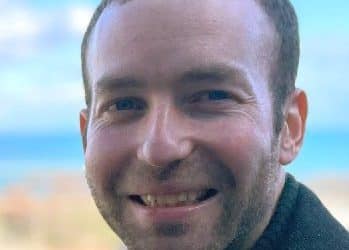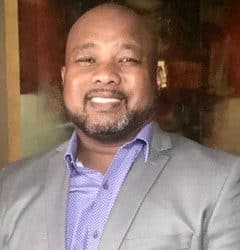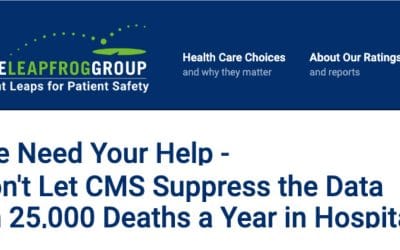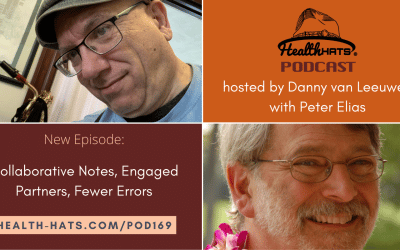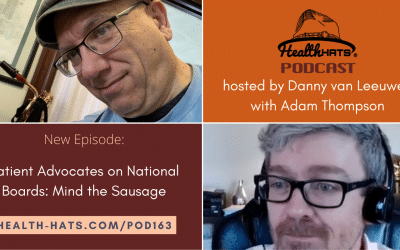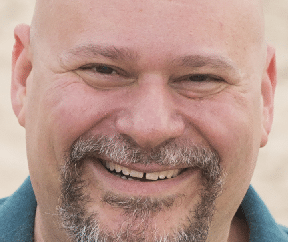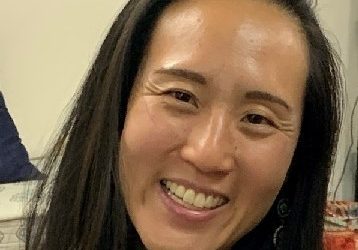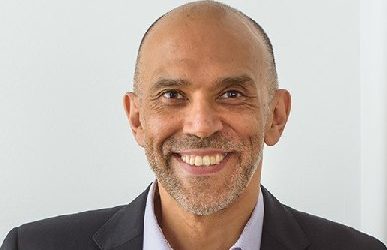e-Patients Blog
The blog of the Society for Participatory Medicine. Want to be a contributor?
Participatory Medicine is Where You Find It
Collaborations across healthcare can save lives - especially when working with patient advocates. For a person like me, who is impacted by a rare, neurological, and incurable disease, it’s my mission to ensure that patients’ perspectives are represented early and...
Turning Pain into Power through Advocacy
When I heard the words, “You have Lupus,” I didn’t know the magnitude of how much my life was going to be tested. It started in 1980 when rashes and unexplained fevers plagued my life. Seeing doctors about my symptoms led to solutions that were only temporary. Fifteen...
Urgent – comment TODAY: stop this CMS rule change that suppresses hospital safety data
Quickly submit a letter TODAY JUNE 17 demanding that CMS not give in to industry pressure on this vital patient empowerment issue.
Collaborative Notes, Engaged Partners, Fewer Errors
Patients, care partners & clinicians can reduce record errors with collaborative notes. Dr. Peter Elias shares his note-writing with collaborative partners. Proem Expecting an error-free medical record seems unreasonable – too many opportunities, too many forces,...
Creating Your Own Self-Advocacy Style
We cannot always choose what happens to us in life, but we can choose how we respond and handle it. Take for example, the time that I had a physical examination with my relatively new primary care physician. They did blood work and I received a report, along with a...
Tell Me Your Story: How Narrative Medicine Fosters Trust
Curled up on her hospital gurney but unable to sleep, the middle-aged Latinx female trauma patient sighed, “I am tired of being tired.” Before daybreak, “Rosa” (not her real name) had arrived at work to open her New York restaurant but was interrupted by an intruder...
Simple Measures to Put Caring Back in Health Care
Editor’s note: When oncology and hospice nurse Theresa Brown was diagnosed with breast cancer, she couldn’t believe how disorganized and unempathic her care was. Ultimately she called it D.I.Y. care, as in Do-It-Yourself: figure out the treatment process, find the...
Patient Advocates on National Boards: Mind the Sausage
Engaging patients differs depending on the role. Those on national Boards lead, strategize, advocate, communicate. Adam Thompson is on the Board of NQF. Listen in. Proem As a nurse, I studied individual health. Then I became a student of organizational health. That...
Improving Cancer Care for BIPOC Women is Everyone’s Cause
For women of color facing breast cancer diagnoses, making decisions is a precarious balancing act, a process with significant implications across healthcare and society. Diagnosis tends to occur at a younger age (that is, before 40, when many screening programs become...
The Curse of Knowledge – When Expertise Creates Blindspots in Patient Communication
Irish playwright George Shaw once remarked that “the single biggest problem in communication is the illusion that it has taken place.” This is a core concept for professional healthcare communicators like myself, but it was not until I experienced this idea in action...
Trusting Yourself, Trusting Your Care Team: Conscious Partnerships and the Gift of Life
My husband was on a tele-call as I walked past in the background quiet, as if a mouse. He got off his call and asked “So?” I exclaimed “It’s positive!” He could hardly believe it, I acted so calm. I had already intuitively had a sense—I was pregnant. We were ecstatic,...
How Reception Areas can Open Doors to Better Health
Editor’s note: Moyez Jiwa, MD, founder of The Journal of Health Design, and The Health Design Podcast, believes that we can improve outcomes for patients as soon as today by simply paying attention to the small details that needlessly undermine those outcomes. In...

